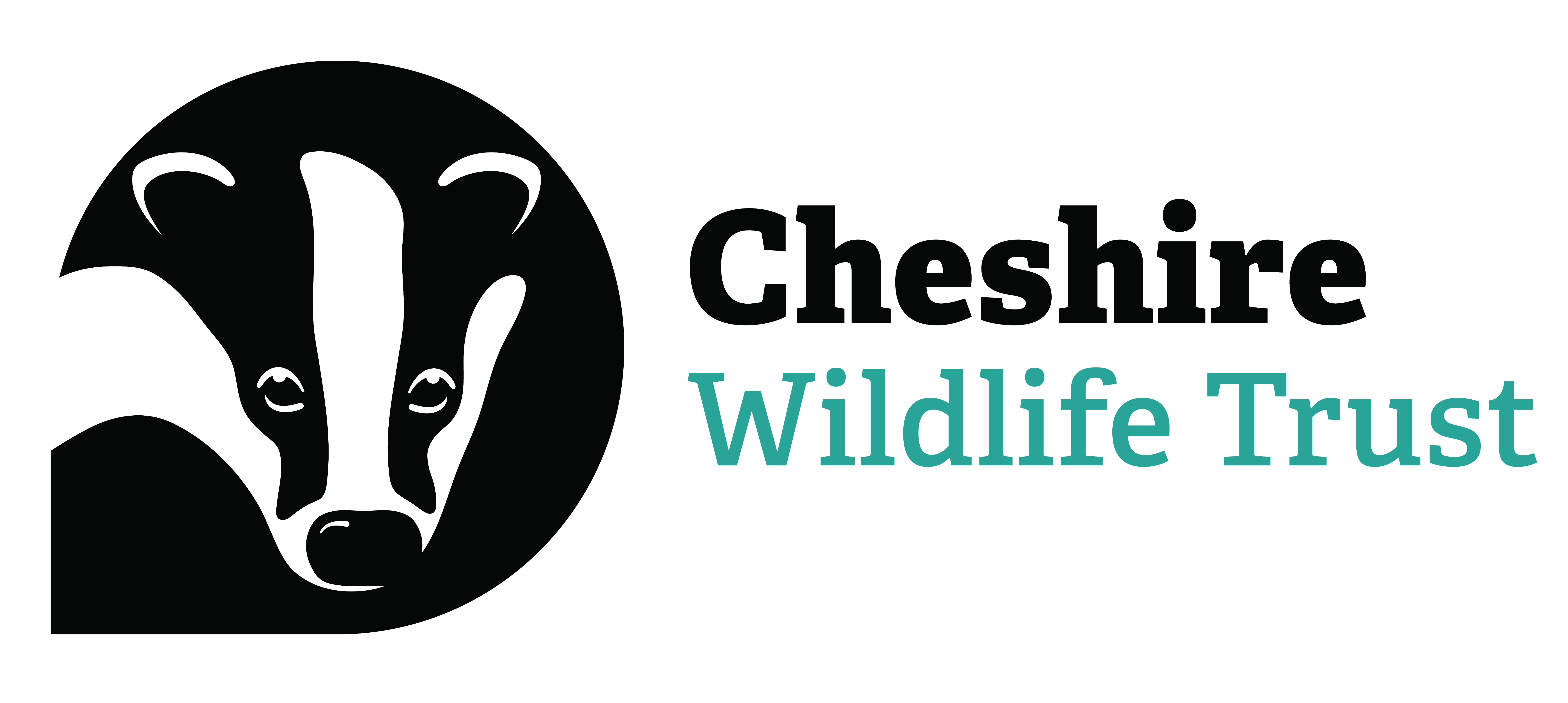Beavers are native to Cheshire but they became extinct in England in the 16th century, mainly because of hunting for their fur, meat and 'castoreum', a secretion used in perfumes, food and medicine. Despite centuries of absence from our landscape, evidence of their presence can still be seen. For example. Bar Mere in south Cheshire gets its name from the word beaver.
As part of a five-year project, a pair of beavers will be released into a 4.5 hectare enclosure near Hatchmere in Delamere. The beavers will create a new landscape as they adapt to their surroundings. Removing trees will break up the canopy, allowing sunlight on to ground vegetation and bringing the woodland floor to life. With their dams holding back water on the site, water flow is slowed, dropping out the polluted sediments that would otherwise flow into Hatchmere lake It will also make new space for insects, invertebrates and fish.
Why are we bringing beavers back?
England is one of the world’s most nature-depleted countries and beavers offer a chance to reverse the dramatic decline in our wildlife by allowing nature to restore itself. The government’s decision early this month to allow a wild population of beavers to remain in the river Otter in East Devon has reinforced the importance of bringing these animals back into England’s countryside.
The River Otter beaver trial showed that the animals' skill replenished and enhanced the ecology of the river catchment in East Devon. They increased the "fish biomass", and improved the water quality. This meant more food for otters - beavers are herbivores - and clearer and cleaner water in which kingfishers could flourish.
Their dams worked as natural flood-defences, helping to reduce the risk of homes flooding downstream.
Environment minister Rebecca Pow described beavers as a "natural management tool", and said that having them on land could be seen as providing a public benefit for which farmers and landowners could get paid, under the new subsidy system once the UK leaves the EU.
Beavers were reintroduced to Scotland a decade ago, and last year they were made a protected species. Their status in England still remains uncertain with the Defra expected to begin consultation on their future in the autumn.
Cheshire’s beavers will be released into an enclosure in Delamere close to Hatchmere. There are plans to erect a beaver proof fence over the next few weeks with a pair of beavers being translocated from Scotland in the autumn.
The Cheshire Wildlife Trust project will become England’s tenth beaver reintroduction, with other sites already in the South West, Kent, Gloucestershire, East Anglia and Yorkshire.
Kevin Feeney, Reserves Manager for Hatchmere says: “We’re really excited to be bringing beavers back to Cheshire after being absent from our waterways for so long. Beavers are a natural and sustainable solution to managing habitats. We spend a lot of time and managing sites for nature, which beavers do better and cheaper. The beavers will be a huge benefit to Delamere.”
However, the job is not quite finished yet. Cheshire Wildlife Trust urgently need to raise £30,000 to complete the beaver-proof fence and to keep the beavers secure during this closely monitored five-year experiment. The fencing needs to be in before the area becomes too boggy for contractor to get on to the site in the autumn.
The Trust has launched a crowdfunding appeal to raise the money. Anyone wishing to donate can do so via its crowdfunder page: www.crowdfunder.co.uk/bring-back-the-beavers
Cheshire Wildlife Trust are bringing beavers back after 400 years!
Cheshire Wildlife Trust are thrilled to be bringing beavers back to Cheshire after 400 years
